Steam vs GOG vs GreenManGaming: which is best for PC gamers?
Where should you spend all your cash?
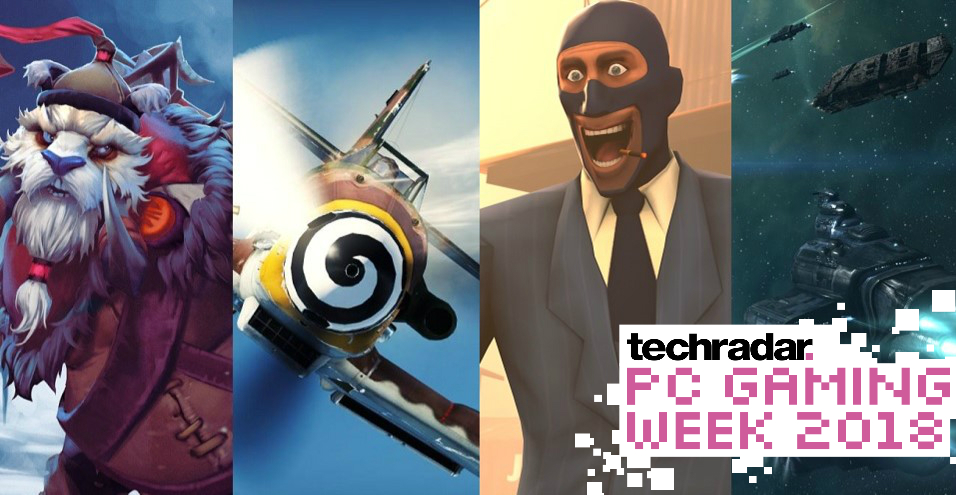
These days, when you’re looking for the best deal on the best PC games, you have hundreds of online retailers to choose from. These range from mainstream, dependable clients trusted by millions of customers to shady key re-sellers that make you feel like you’re in the seedy underbelly of some sci-fi city.
However, the way we look at it, there are just three retailers that can basically cover every need you may have. Whether you’re looking for a centralized platform where you can socialize with friends, something that focuses solely on selling you games at great prices or a site that will sell you DRM-free titles that you can play anywhere or any time – we’ve got you covered.
Plus, now that Valve has landed itself in a bit of hot water over its policy (or lack thereof) over what’s allowed on its platform, we thought it’d be a great time to look at the three biggest digital game distributors to find out what’s best for you, the consumer.
The three most important platforms to consider are Steam, GOG (or Good Old Games), and GreenManGaming. It’s incredibly rare that any game you’re looking for won’t find its way onto one (if not all) of these platforms. But, that’s easy – which one is the best for you? Well, that’s what we’re here to decide.

Deals
Perhaps the most important aspect of any online retailer is the pricing, and it’s complicated. Now, while they all run seasonal sales for all the major holidays and changes in season, they all have certain aspects where they stand above the others.
GreenManGaming, or GMG (seen above), sometimes appears as the cheapest place to buy games, and if you’re buying any game that’s relatively new, that’s absolutely true. For instance, throughout June, GMG has a discount code prominently displayed that will score you up to 25% off of any PC game.
And, when it says any PC game, it’s true: you can score the newly-released Vampyr for just $37.49, as opposed to $49.99 elsewhere in the US. It also runs weekly sales, but these are usually obscure indie titles, rather than games by big-name publishers – making it a great place to score indie games.
Get daily insight, inspiration and deals in your inbox
Sign up for breaking news, reviews, opinion, top tech deals, and more.
Just keep in mind, GreenManGaming has faced some controversy in the past for allegedly being part of the ‘grey market’ – an allegation the retailer has denied in a statement to PC Gamer.

When it comes to Steam, however, you likely won’t save anything on a new release, due to the fact that it doesn’t really need to discount any new games – it’s the biggest and most popular of the three. However, Steam’s weekly deals usually cover moderately recent and popular titles, and you’ll usually get a deep discount at that. For instance, at the time of this writing, you can score the new Warhammer: Vermintide II for a cool 25% off – without any moral grey areas.
That’s not all, though – Steam has made itself famous over the years for its gigantic seasonal sales. About four times a year, the entire (or close to) Steam catalog will go on sale, letting you scoop up tons of games and save a boat load of cash. The next one should be coming up here in a couple of weeks, so ready your wallet – and be careful not to overspend.
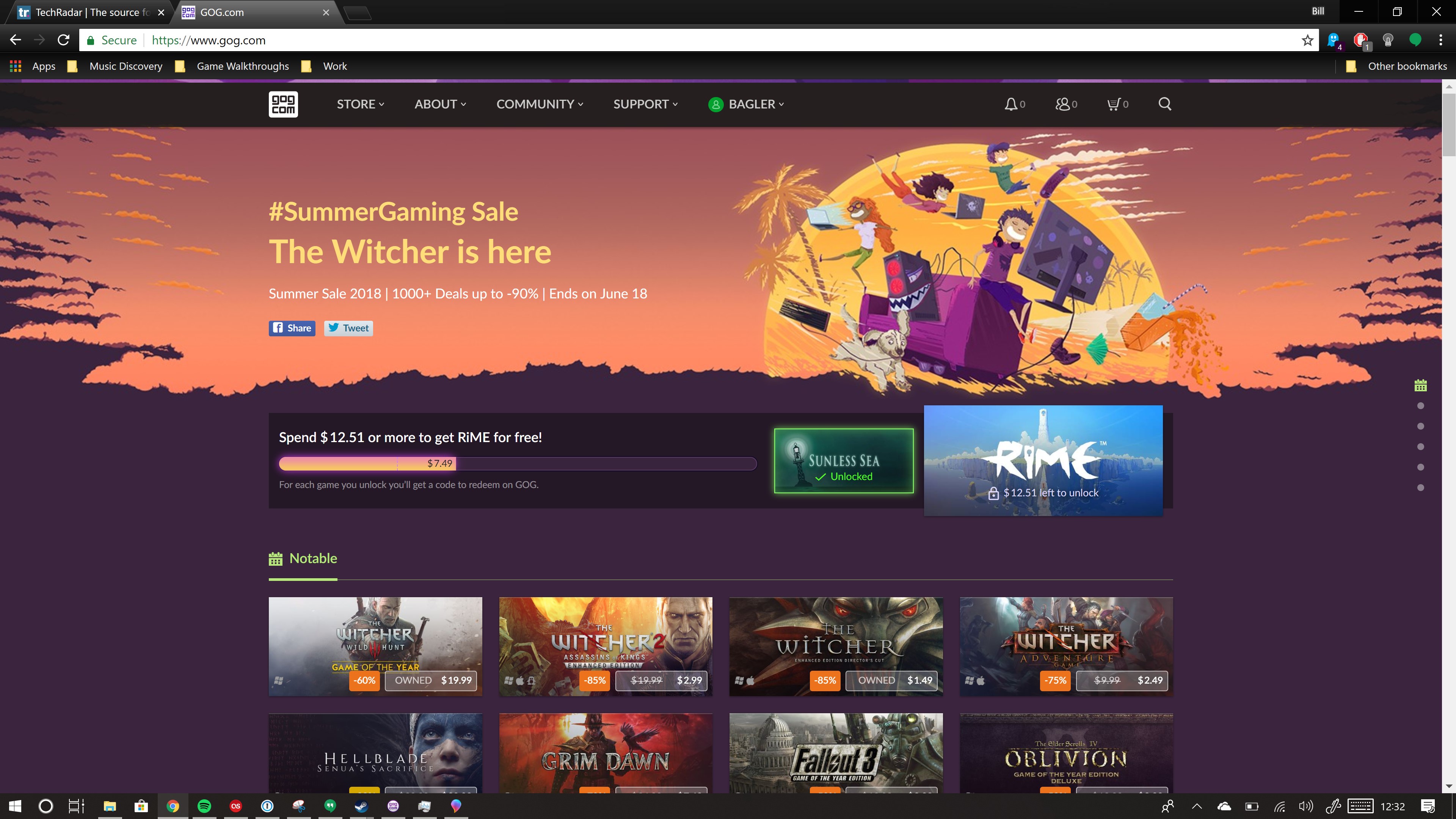
GOG stands in a league of its own, however, as it’s made its name by selling old games. So, not only are most games cheaper by default, but when they have a seasonal sale, the prices really get slashed.
At the time of writing, GOG is in the process of a gigantic seasonal sale – not only can you score huge discounts on old favorites, but you can score free games for spending a certain amount.
User experience
This is where things get interesting. It’d be easy to just proclaim Steam as the uncontested victor here – who doesn’t have Steam installed on their computer?
However, it’s not as simple as that. Sure, Steam is extremely familiar to most PC gaming vets, but is it actually that straightforward to use? By modern standards, Steam hasn’t exactly aged gracefully – its grey, blocky and eats up a ton of system resources for a program that’s supposed to run in the background.
The main benefit of Steam then, is that the desktop program has everything you’ll need to play games and stay updated on them. There’s news, community, client-level chat tools and your game library all conveniently located in the same place. We just wish it looked like it came from this decade.
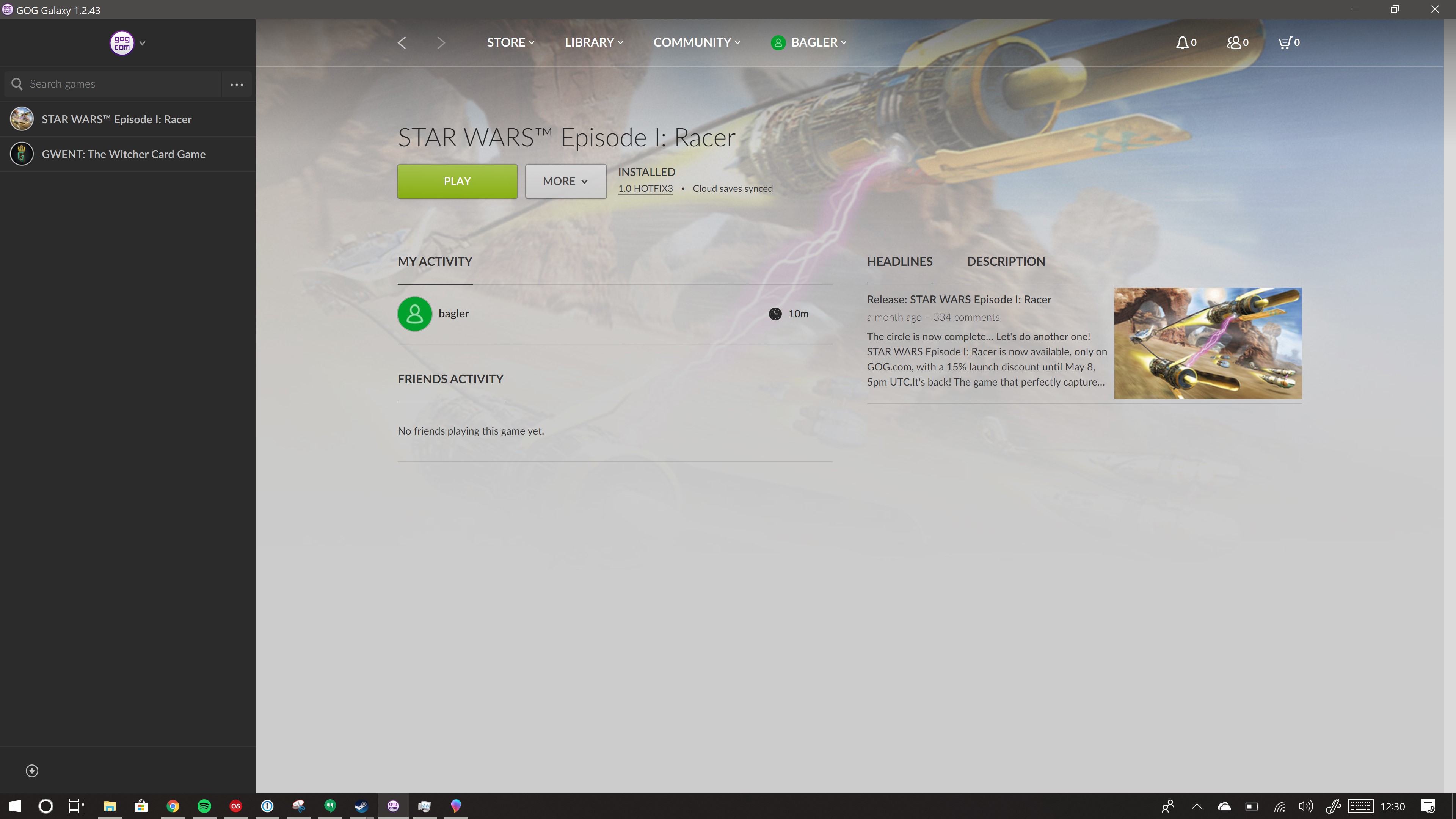
GOG also has its own dedicated desktop program, Galaxy, and while it’s not as feature-rich as Steam, it’s a lot more lightweight and modern looking – which is ironic for a service known as ‘Good Old Games.’
And, while GOG Galaxy is a smooth, pleasant experience it has a major benefit over Steam’s app – it’s 100% optional. Instead of being a store that doubles as a DRM, GOG Galaxy bills itself as a convenient companion to your gaming experience, rather than a requirement for it. You can just as easily buy and download your games from a web page instead.
GMG, however, doesn’t have its own dedicated software at all. Instead, GMG is basically just a web marketplace where you can buy game keys to redeem on other platforms. So, there’s nothing especially unique about its interface, and GMG is easily the loser here.
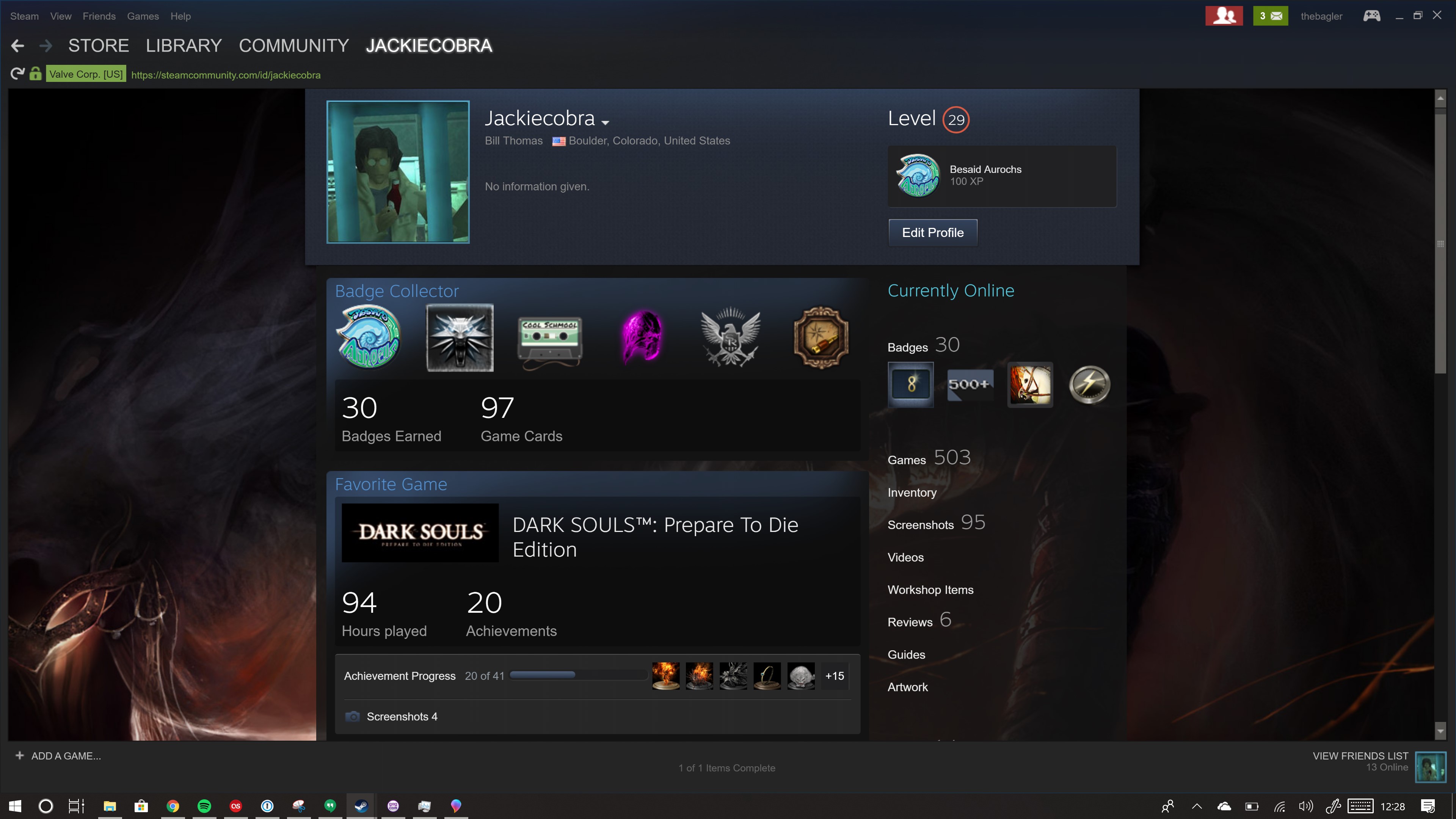
Social and community
Now, while both GreenManGaming and GOG both offer some community features, they’re extremely limited. GMG has game hubs and forums, with customizable user profiles, whereas GOG is more barren by not offering game hubs – but it has chat. It’s immediately clear when using either of these services that community is secondary. For some people this probably won’t matter at all – it’s all about the games, after all.
However, if you do want a very robust gaming community on par with – and perhaps more advanced than – what’s offered by the PS4 and Xbox One, you’re going to have to go with Steam.
Initially starting out by just offering user chat through text and voice, Steam has since expanded its community features by adding game hubs, social badges, and community events – usually centered around its seasonal sales.
Then, back in 2016, Steam implemented a community-wide leveling system along with trading cards that users can earn by playing their favorite games. These levels not only allow you to feel superior to your peers, but they also allow you to customize your profile to your heart’s content – adding more friend slots and customization options the higher you go. It’s not perfect, but it's a unique and addictive feature that we can’t get enough of.
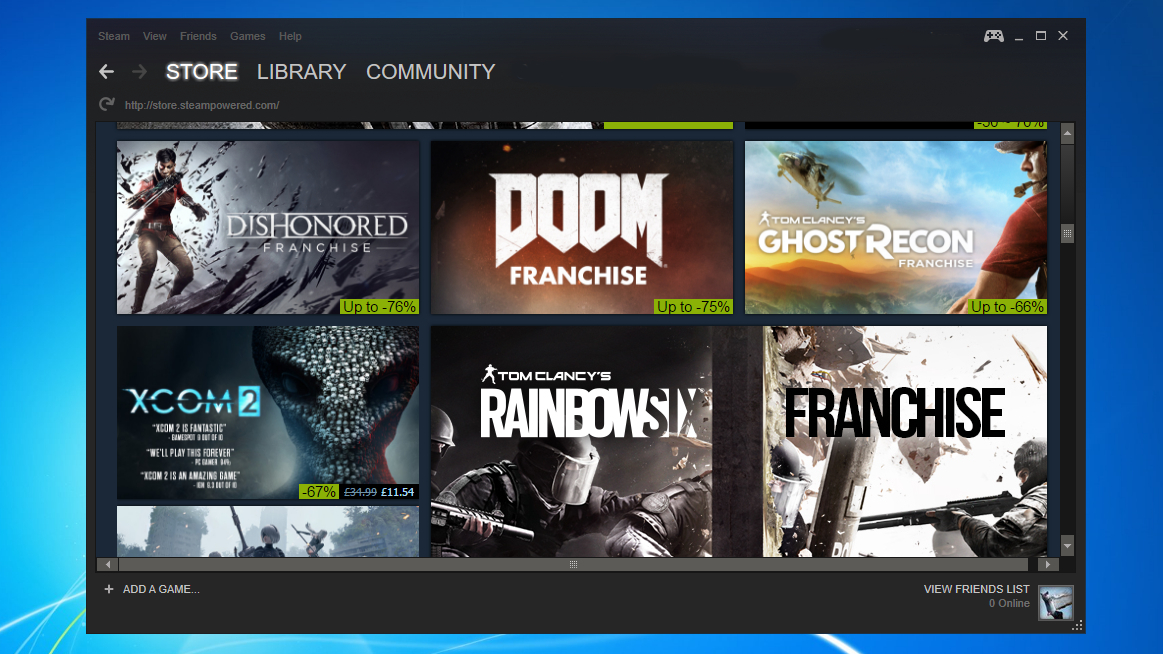
Verdict
At the end of the day, if you want the most features, Steam is still probably the best place to go, dubious curation aside. The prices are decent, it’s packed with a thriving community and most games will force you to use it anyways, if only just as a DRM.
The other platforms do have their uses, and our advice would be to use all of them periodically to get the best prices and features. The way we do it is basically use Steam as a default, go to GMG if we need to save a couple bucks, and go to GOG if we need an older game that’s not on the other services.
We think that’s the best way to approach the wide range of different retailers: you shouldn’t stick to just one, take advantage of the myriad options available to you – that’s not even counting publisher-specific platforms, like EA’s Origin or Ubisoft’s Uplay.
It all boils down to what you’re looking for, and what’s important to you. Go forth with this knowledge and start growing that backlog.
- TechRadar's fourth annual PC Gaming Week is officially here, celebrating our passion with in-depth and exclusive coverage of PC gaming from every angle. Visit our PC Gaming Week 2018 page to see all of the coverage in one place.
Bill Thomas (Twitter) is TechRadar's computing editor. They are fat, queer and extremely online. Computers are the devil, but they just happen to be a satanist. If you need to know anything about computing components, PC gaming or the best laptop on the market, don't be afraid to drop them a line on Twitter or through email.
